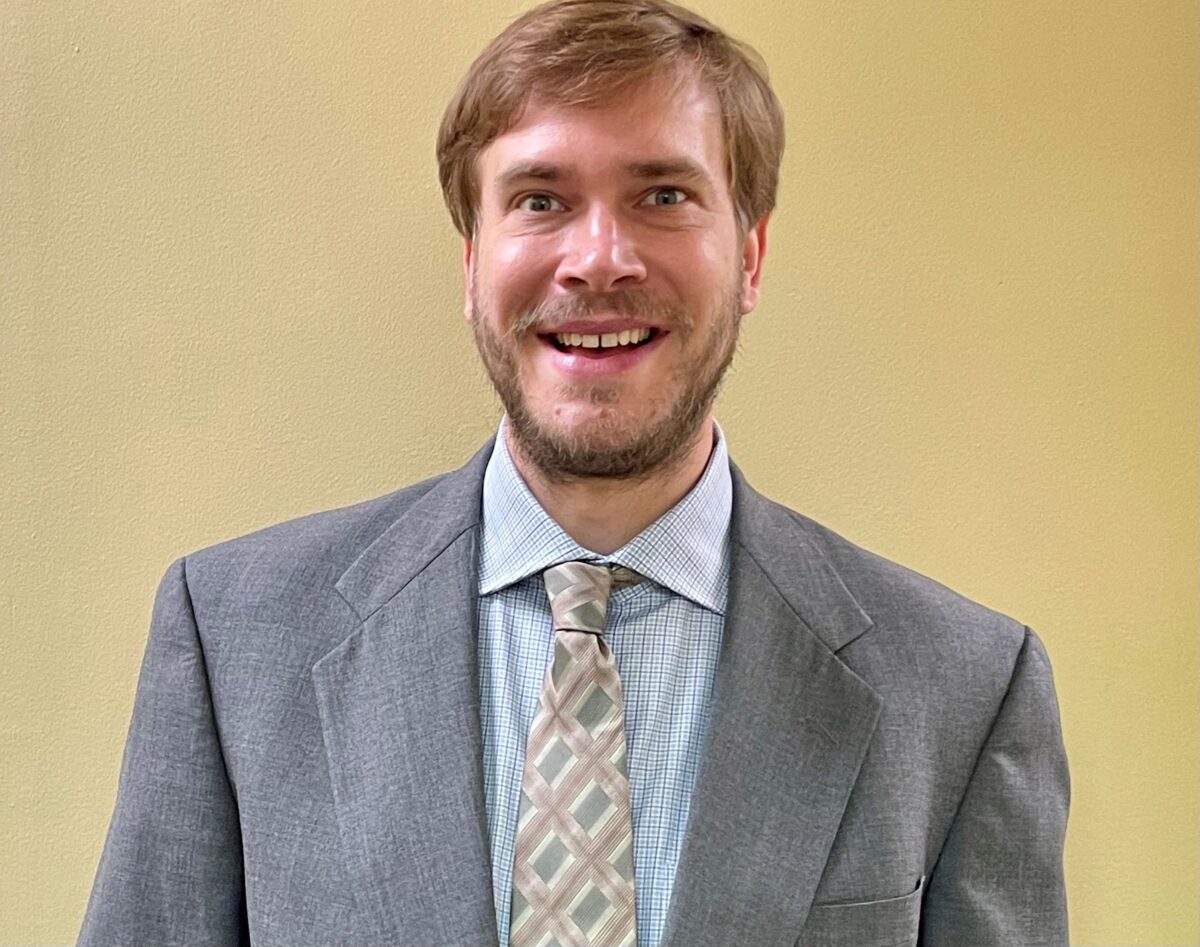Written by: Rev. Dr. Austin Hoyle
Paul says in Ephesians 2:14: “For he himself is our peace, who has made the two groups one and has destroyed the barrier, the dividing wall of hostility.” This verse highlights the barrier of hostility that existed between Jews and Gentiles in the early church, and that this barrier had been broken down and replaced by a bridge of grace via the life, death and resurrection of Jesus Christ. The problem is that we don’t always choose to walk across that bridge.
Paul points to a physical wall that separated the Jewish and Gentile sections of the temple in Jerusalem, symbolizing animosity. Reliance upon the Mosaic Law served as another barrier of hostility. Many Jewish Christians felt that the Gentiles were not saved unless they also rigorously kept the law. Because they could not keep the entire law, the Gentiles felt that they could not fully participate in the church.
Barriers of hostility exist across racial boundaries in the state of Mississippi. The state was known for its violent resistance to desegregation and equality. Physical barriers such as “whites only” signs and separate entrances for black and white individuals reinforced the idea of white superiority and created a sense of exclusion and alienation for black residents.
These barriers of hostility still exist today. African Americans in Mississippi continue to face discrimination and inequality in education, employment, housing, and the criminal justice system. Additionally, Mississippi has one of the highest poverty rates in the country, with African Americans disproportionately affected.
The most significant barriers, however, are invisible and rooted in hearts that do not strive towards Living Reconciled.
Having pastored predominantly white churches, I’ve witnessed two common invisible barriers that keep people from Living Reconciled. First, the overall church is ill-prepared to have this dialogue. Leaders and members alike don’t have the training and experience. Second, church leaders are often too afraid that this dialogue will antagonize members who don’t wish to adopt racial healing as a part of their Christian walk. They fear that some will become uncomfortable with the gospel call for the races to become one. Such a gospel call may require churches to change by increasing their participation in the ushering in of the Kingdom of God for the transformation of the world.
Living Reconciled says that while these barriers have been broken down already by the work of Christ, Christians participate with the Holy Spirit to realize reconciliation in the present.
In my short time at Mission Mississippi, the staff reads scripture and prays with one another daily. Our conversations regularly explore the depths of these dividing walls of hostility, because we believe that deep and direct dialogue between Christians is the best pathway toward Living Reconciled. These honest and vulnerable conversations have been a beacon of hope for me as I work toward Living Reconciled.
My prayer is that, through the work of Mission Mississippi, invisible barriers are broken down, and churches and leaders across the state become better equipped to courageously Live Reconciled.
Rev. Dr. Austin Hoyle is the Program Coordinator for Mission Mississippi. He worships at Ridgeland First United Methodist Church with his three children: Eowyn 12, Ensley 12, and Loxley 9; his wife, Rev. Bess Perrier, serves as pastor.


